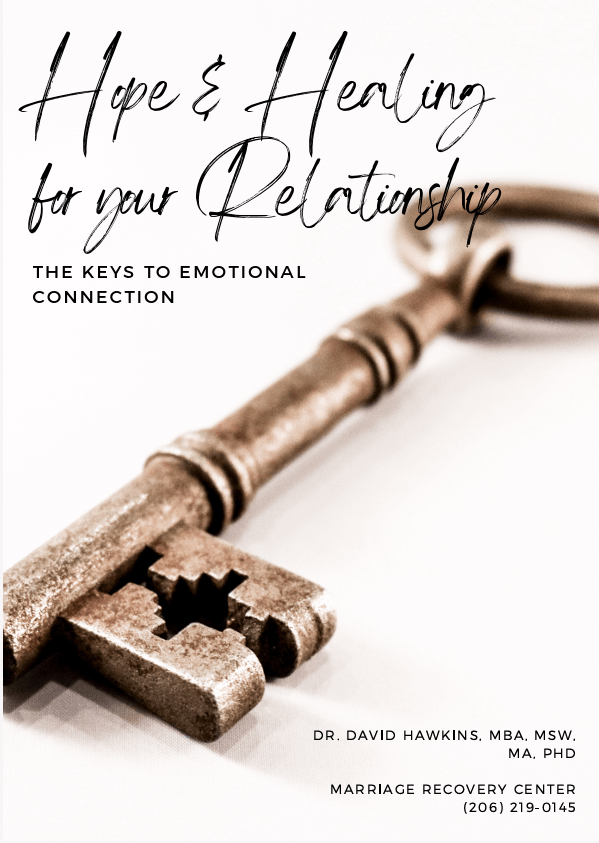No one goes from a happy contented marriage to the verge of divorce without a long process of dissolution. It takes a long time for a marriage to erode to the point that the couple is held together only by inertia and fear of the consequences of separation.
Presumably, two people of reasonable intelligence and good faith would have some awareness of what was happening and would act in concert to remedy the problems of the marriage before it reaches the irretrievable tipping point. But in reality, this seldom seems to happen.
Too often couples have waited too long and counseling may not save the marriage.
Couples need to do a regular check-in so they can see the signs of trouble before fatal damage has occurred. A good review provides the opportunity to discuss strengths and weaknesses and plan for improvement where it’s needed.
When thinking about what’s working and not working in a marriage, it can be easy to start with a list of complaints about where your spouse is not meeting your needs. But I suggest that you each start by examining how you are meeting your spouse’s needs first. Taking a close look at our own behavior before we offer critique on our spouse’s flaws allows us to come into the conversation in a place of humility and self-awareness. And there’s a good chance that you will each catch the areas where you need to grow before your spouse even points them out.
Ready to do a check in?
Here are a few questions for each of you to consider individually.
Rate yourself on a scale of 1 – 5 (1 = Never, 5 = Always)
“Affection”
I have provided my spouse with the emotional affection he or she needs.
“Communication”
I have listened well when you were telling me something that was important to you.
“Conflict”
When we disagreed on something I was respectful of you and willingly engaged until we resolved the issue.
“Money”
I have been a good steward of our finances and resources.
“Household”
We have defined roles and I have fulfilled my agreed upon roles without complaint.
“Parenting”
We have defined roles and I have fulfilled my agreed upon roles without complaint.
“Trust”
No matter what happens my spouse can depend on me to be supportive.
Taking the Next Step
Once you’ve each answered these questions, spend some time discussing your answers in humility and honesty with each other. Apologize for the places where you have failed, and commit to growth in areas you’ve identified as weak points. If emotions become heated, take a time out and consider seeking outside help to fully evaluate your marriage.
We offer a Marriage Evaluation package for couples in need of a more thorough check-in on their relationship or for couples who already recognize that there are problems. Learn more here, or call us at 206.219.0145.







